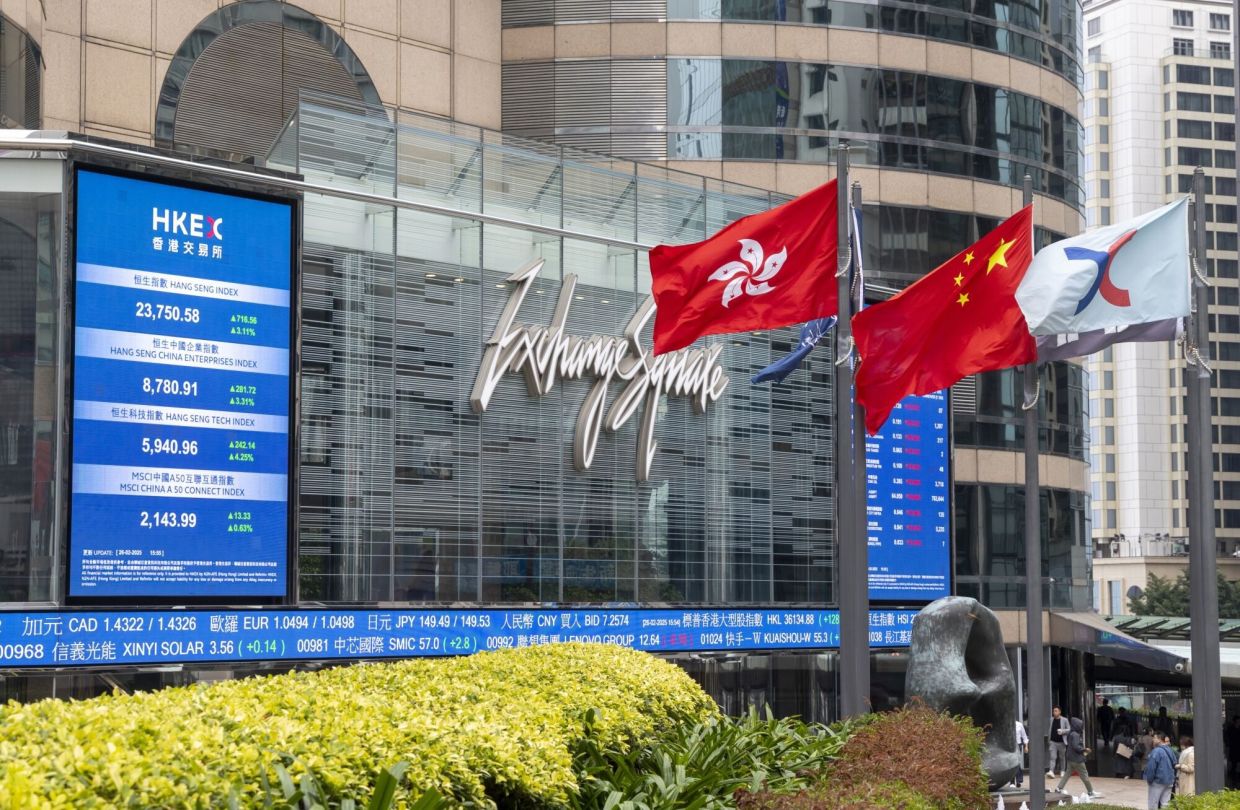Chinese short dramas have taken the global stage by storm, captivating audiences with their tight storytelling, relatable characters, and rapid pacing. Yet behind the scenes, a quiet struggle unfolds—one that could make or break a viewer’s connection: subtitle translation. It’s easy to overlook, but even small missteps in translating dialogue can jolt audiences out of the story, leaving them confused, disconnected, or even turning away entirely. These “invisible” errors, rooted in cultural nuance and linguistic complexity, are far more than trivial mistakes; they’re barriers to authenticity.
Take, for instance, a tense exchange between “小李” (Xiǎo Lǐ) and “王总” (Wáng Zǒng) in a workplace drama. Subtitles reading “Little Li, you’re fired!” and “Mr. Wang, please reconsider!” might seem harmless, but to English speakers, the disconnect is palpable. Why “Little Li”? Is it a nickname, or a put-down? Why is Wang addressed so formally, while Li is diminished? These choices distort the original dynamic—“小李” signals a junior-senior relationship, not a nickname, and “王总” denotes executive status, not just politeness. In seconds, the audience’s focus shifts from the conflict to questioning the dialogue’s logic, eroding the immersion that makes short dramas so compelling.
Subtitle translation, in short, is no mere word-for-word conversion. It’s a balancing act of precision, cultural awareness, and contextual intuition. A single misstep can alter tone, misrepresent relationships, or muddle intent—and in a format where every second counts, there’s no room for such distractions.
One of the trickiest hurdles is navigating Chinese titles and honorifics, which carry layers of cultural meaning that defy direct translation. Terms like “王总” (Wáng Zǒng), “李姐” (Lǐ Jiě), and “小张” (Xiǎo Zhāng) are shorthand for hierarchy, familiarity, and respect. “王总” marks Wang as a top executive; “李姐” suggests a warm, respectful bond with an older female colleague; “小张” indicates youth or juniority. Translating them bluntly as “Mr. Wang,” “Sister Li,” or “Little Zhang” misses the mark: “Sister Li” sounds stilted in English, while “Little Zhang” can feel patronizing. Instead, translators must parse context: “王总” might become “CEO Wang” in a formal scene, or simply “Wang” if the tone is casual. “李姐” could shift to “Ms. Li” or even “Li,” depending on how familiar the characters are. The goal is to preserve the original balance of respect, warmth, or hierarchy—without forcing Chinese honorifics into English where they don’t fit.
Beyond titles, translating Chinese slang and internet buzzwords adds another layer of complexity. Phrases like “内卷” (nèi juǎn), “躺平” (tǎng píng), and “YYDS” (yǒngyuǎn de shén) are woven into everyday speech, especially among younger generations, but their cultural roots make direct translation nearly impossible. “内卷,” which describes toxic overcompetition, becomes confusing as “involution”; “rat race” or “burnout culture” better capture its grit. “躺平,” meaning to opt out of relentless striving, works as “lying flat” but gains clarity as “opting out.” “YYDS”—short for “永远的神” (the greatest of all time)—resonates with English-speaking audiences when rendered as “GOAT,” a term already popular in youth culture. These translations demand more than bilingualism; they require fluency in the latest trends, ensuring that slang feels natural, not forced.
Then there’s the technical tightrope of concision and timing. Subtitles are constrained by screen space and dialogue pace, forcing translators to condense meaning without losing it. A line like “我昨天晚上吃了饭,然后去看了电影” (Wǒ zuótiān wǎnshang chīle fàn, ránhòu qù kànle diànyǐng) might 直译 as “I ate dinner last night, then went to see a movie,” but splitting it awkwardly—“I ate dinner last night” / “then went to see a movie”—can disrupt flow if mismatched with the speaker’s rhythm. Balancing brevity, clarity, and timing is a constant challenge, where a poorly placed line break can turn a simple sentence into a source of confusion.
At our company, we’ve built a process to root out these invisible errors before they reach viewers. It starts with a project-specific glossary, ensuring consistency in recurring terms: if “王总” is “CEO Wang” in one scene, it stays that way, avoiding jarring shifts. Next, multi-round proofreading brings together translators and editors to cross-check accuracy, context, and cultural fit—catching nuances a single 译者 might miss. Finally, we invest in cross-cultural training for our team, equipping them to navigate everything from honorifics to viral slang. Our translators don’t just translate words; they translate intent, tone, and the unspoken dynamics between characters.
In the cutthroat world of short dramas, where attention spans are measured in seconds, subtitles are more than an afterthought—they’re a bridge between cultures. A mistranslated title, a clunky slang phrase, or a poorly timed line break can shatter that bridge, driving viewers away. But with precision, cultural fluency, and care, subtitles can enhance the story, drawing audiences deeper into the drama.
We’re committed to eliminating those invisible errors, ensuring every subtitle feels seamless, not forced. Because in the end, the smallest details in translation hold the biggest power: to connect, to immerse, and to keep viewers coming back for more.











